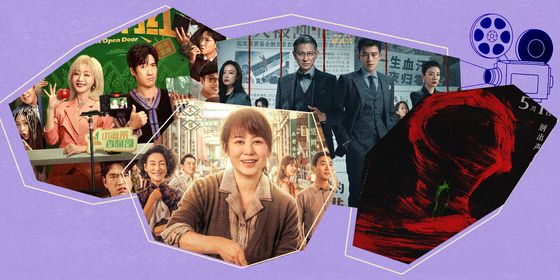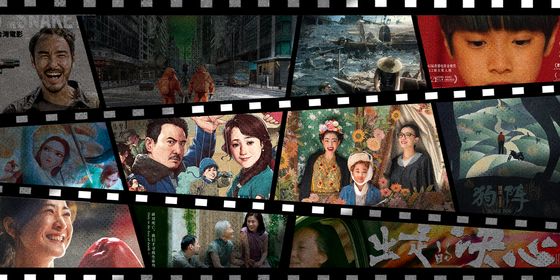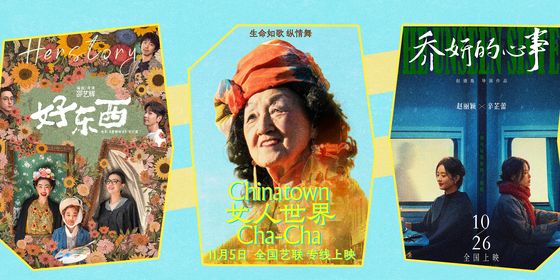In a unique year with no winner for the Best Feature award, here are five movies from the FIRST International Film Festival that are still worth watching
Xining, the capital city of Qinghai province, is the unlikely home of one of China’s most highly anticipated annual film events: the Xining FIRST International Film Festival. Originally known as the Chinese College Students Film Festival, FIRST was inaugurated in 2006 at the Communication University of China in Beijing and moved to its western home in 2011. Now in its 18th year, it has retained its status as the beating heart of China’s independent film scene and prides itself on its volunteer-led initiatives and abundance of young talent.
This year’s festival was defined by a focus on female filmmakers and stories. Feature film Sally’s Memories transported the audience into the psychology of a grieving mother, while the short film Monsoon Blues explored a woman’s harrowing navigation of her trauma.
This is also the first year that no film received the Best Feature award. Guan Hu, the jury head and a renowned sixth-generation director in China, explained the decision by citing a lack of outstanding and groundbreaking works.












